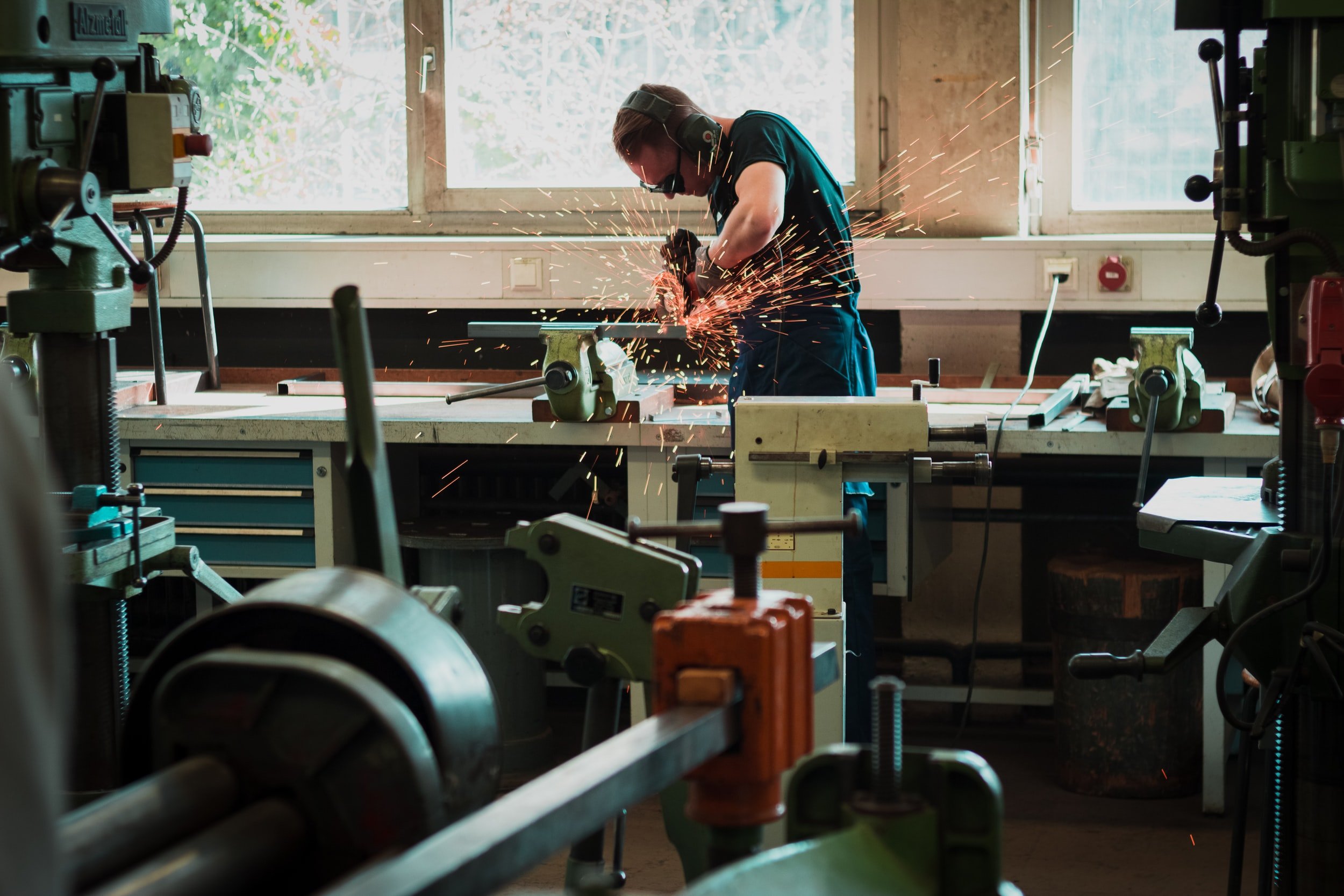
Skilled trades are on the decline.
So let’s fix that.
The Skilled Trade Shortage
For over two decades, the US has seen a constant decline in skilled trade workers and specialized technicians. However, despite fluctuating job markets, demand for them has remained high.
Employers are frustrated, not only by the scarcity of workers but by growing wage wars, operational costs and customer costs. Left to continue, the shortage will have a catastrophic effect, waterfall effect on virtually every industry.
Most (if not all) modern conveniences rely on skilled laborers to remain functional. It has already become difficult and expensive to maintain them and the growing shortage of these laborers means this problem will grow in tandem.
How Does Dragonfly Fit In?
This is where Dragonfly comes in. This project was started in 2016 to help reinvigorate interest in skilled trades.
Our mission is to promote a realistic and positive view of choosing a trade as a career path, in addition to helping to make the trades more accessible.
“Dirt used to be a badge of honor. Dirt used to look like work. But we’ve scrubbed the dirt off the face of work, and consequently we’ve created this suspicion of anything that’s too dirty.”
The average trades person can earn a salary between $50k to upwards of $100k per year. These salaries are possible even without a college degree and in many cases debt-free.
They are happier
Did You Know…
Individuals employed in the skilled trades report higher degrees of life satisfaction than what is typically believed.
They have more room to grow
Tradespeople are well compensated
Skilled trade workers have reported that their careers offers a lot of room for growth.
Our Approach
In 2016, Dragonfly’s team began conducting its own research into the skilled trades shortage. It became apparent that the trades were facing a major reputation problem. The lack of information surrounding the trades has been a major contributor to the problem.
For many years now, college level education has been pushed, in favor of vocational pursuits, portraying the latter as “dirty work”. Trade schools and associate degrees have been stigmatized as less preferred, despite offering a substantially more positive outcome.
According to a study done by Stanley Black and Decker in 2022, called the Maker’s Index (linked here) it was found that younger individuals are simply unaware of the many positive impacts a career in skilled trades can have for their futures, despite many of them believing such a career would be a good idea.
Many of them incorrectly believed that starting salaries were far below their true average, that career options are limited and that it would not provide the type of job satisfaction they would want long term. Despite the fact that less than half college graduates actually end up in a career closely related to their field of study.
Food For Thought
Where Do You Start?
Getting started in the world of skilled trades can be daunting at first. Determining what trade career is best suited to your own personal situation can involve many factors:
What are your career and lifestyle goals
What trades offer consistent work in your area
What are their requirements for entry
As part of our promise to help make the trades more accessible, we will continue compiling information about trade skills, which will include information to help make your choice easier and more informed.
This part of our site isn’t ready at the moment but if you sign up for our newsletter, you will be updated once it is!





